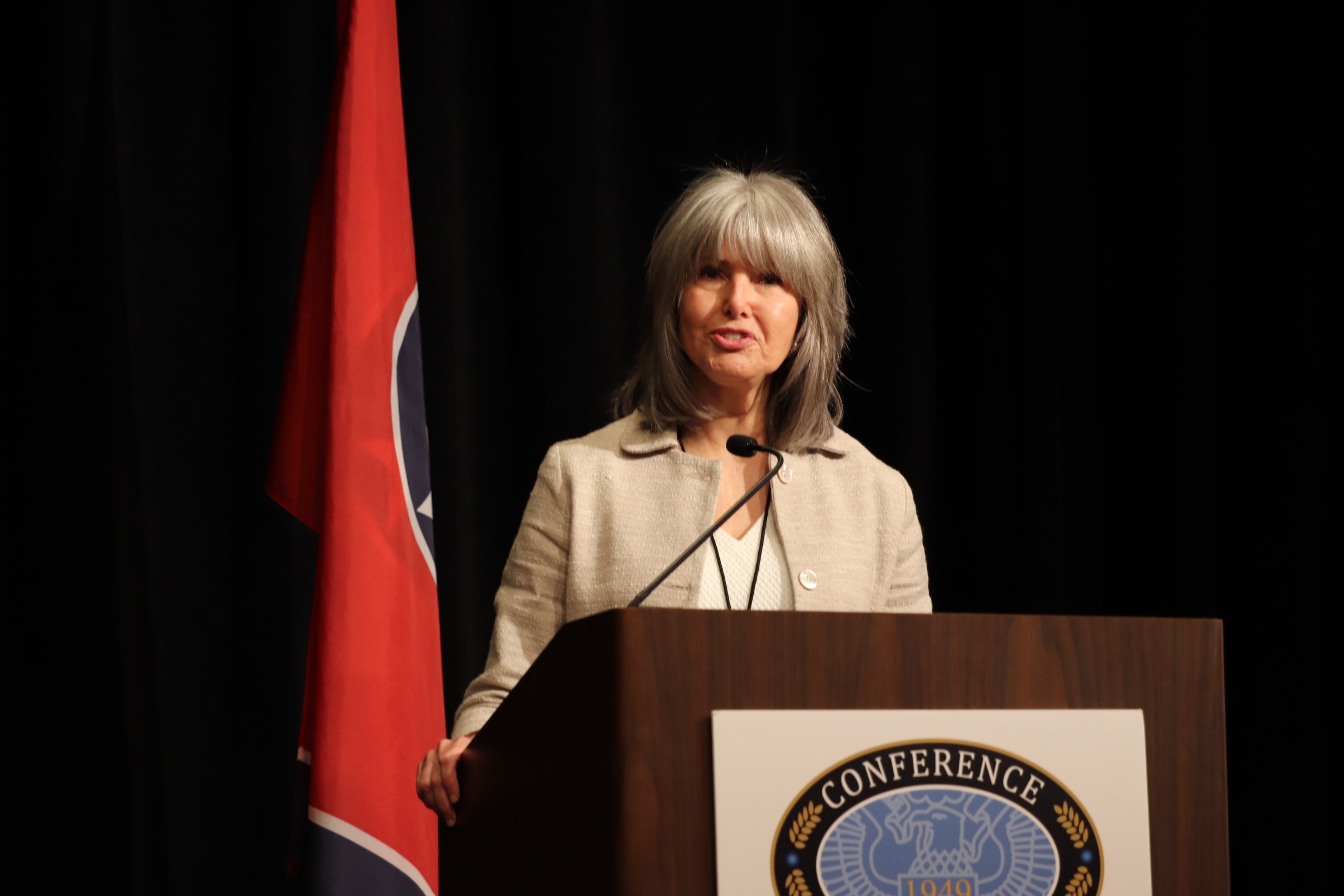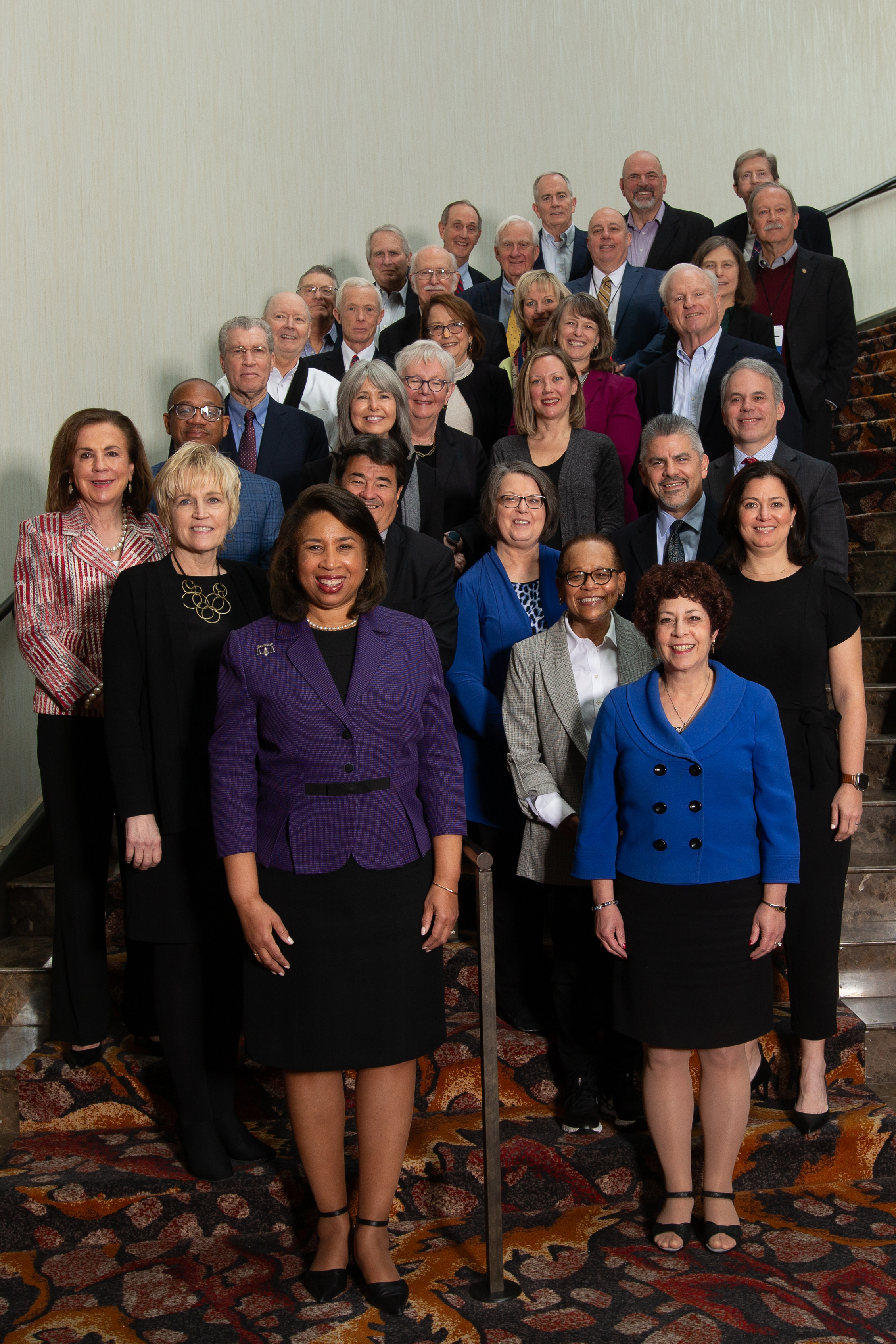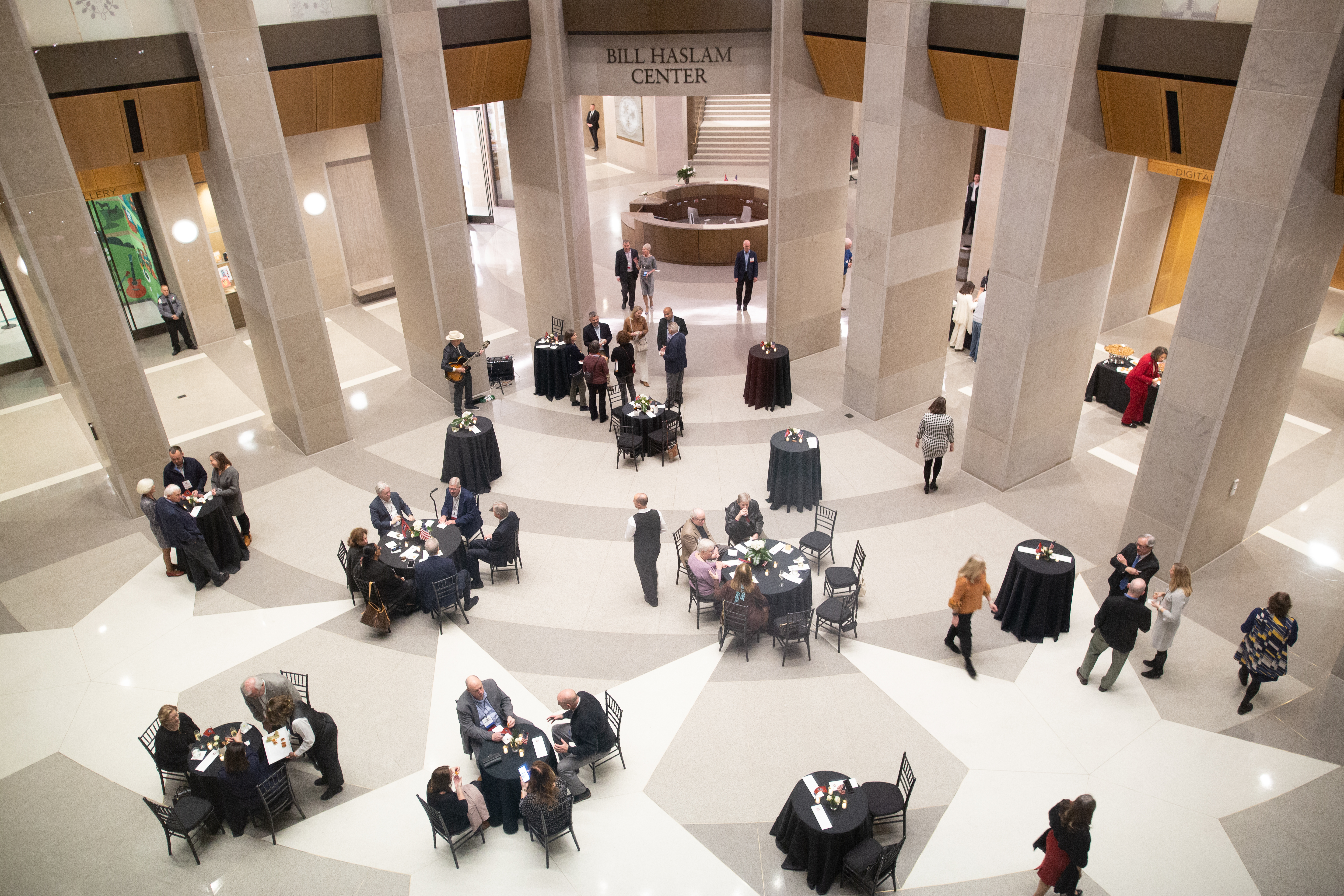Last week the Tennessee Supreme Court hosted state supreme court chief justices from around the country as the Conference of Chief Justices held its Mid-Year Meeting in Nashville.
While normally only the chief justice from each state attends CCJ conferences, all five Tennessee Supreme Court justices were able to attend because Tennessee served as the host state.
Artificial intelligence took center stage at several educational sessions. The justices learned about how AI can impact the administration of justice, the practice of law, and law school curricula.
“Even the computer engineers do not understand how the most powerful AI tools gained so much capability,” said Gary E. Marchant, J.D., Ph.D, Regent Professor of Law, Sandra Day O’Connor College of Law, Arizona State University. “When we look at the future, it is going to be wild. Things are going to accelerate so fast.”
There were also sessions on ethical considerations related to AI in litigation and the judiciary.
“There are advantages and disadvantages to standing orders when it comes to AI. If you just say lawyers cannot use it, you have just banned Microsoft Word because it uses generative AI,” said Iria Giuffrida, Assistant Dean for Academic and Faculty Affairs and Professor of the Practice of Law, William & Mary Law School.
All the speakers agreed a general ban was not the best approach.
“There are going to be areas where there will be a lot of work to do. For example, evidence and establishing authentication. But, the challenge is not to go in the direction of a ban. These tools are going to be used and the key is to put some safeguards in place,” said Andrew M. Perlman, Dean and Professor of Law, Suffolk University Law School.
The justices also received updates from the Uniform Law Commission, The Center for Judicial Ethics, and the American Bar Association. There were also extensive discussions on bar admissions, bar exams, and alternative paths to bar admissions.
On the opening evening of the conference, the justices heard the story of bipartisanship and the greater good as Tennesseans Keel Hunt, Dean William Koch, and Hal Hardin told the tale of how former Governor Lamar Alexander took his oath of office early to stop a pardon scandal that was in process. The story is chronicled in Coup: The Day the Democrats Ousted Their Governor, Put Republican Lamar Alexander in Office Early, and Stopped a Pardon Scandal, written by Hunt.
While in Nashville, the justices also toured the Tennessee State Museum and the Country Music Hall of Fame, where they enjoyed a songwriters roundtable.
The Tennessee Court Talk podcast also recorded three podcasts with state supreme court chief justices during the conference. Be on the lookout for upcoming episodes on the adoption of technology in courts, indigent representation, and public trust and confidence in the courts.




